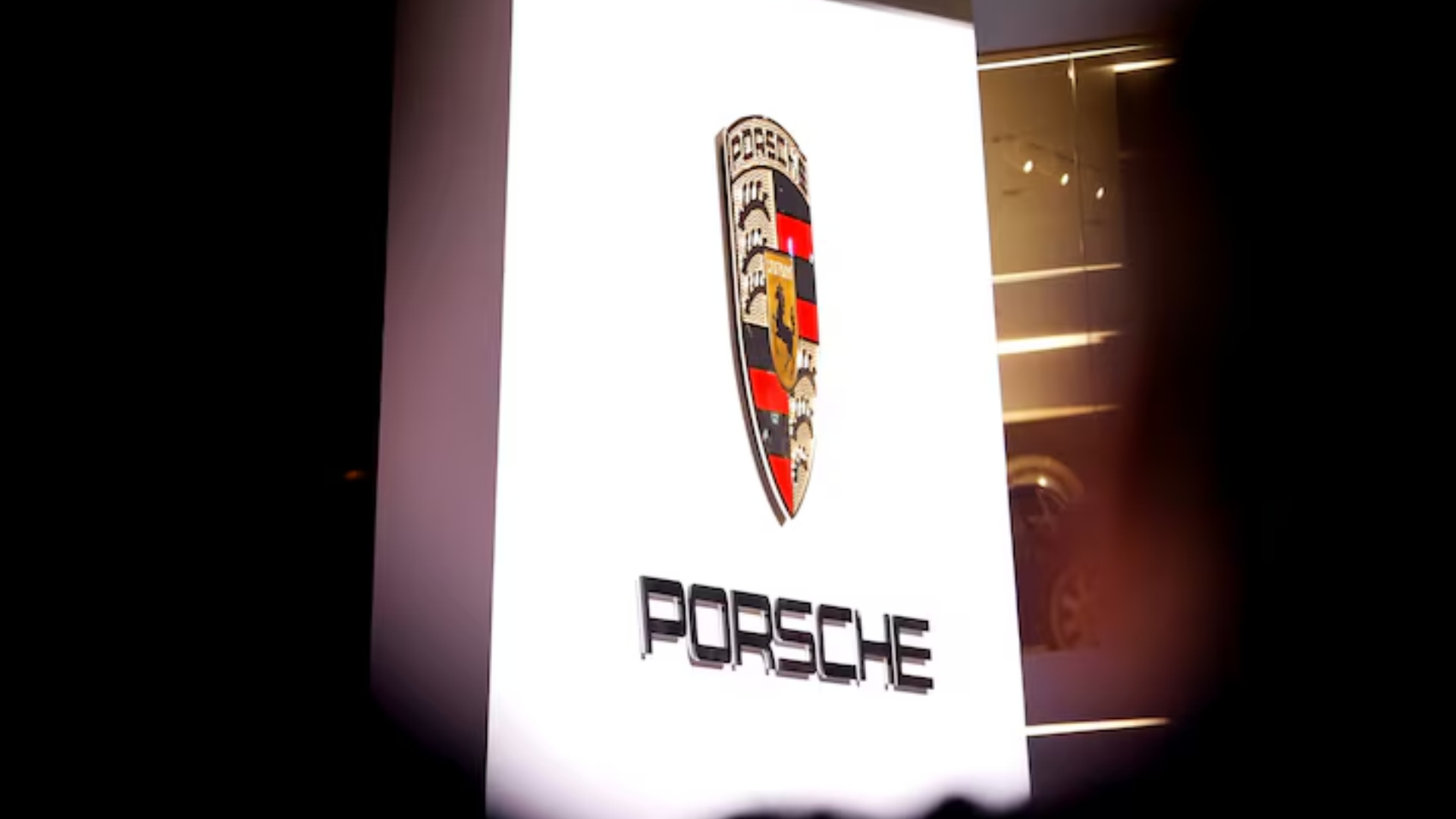Summary
- Investors welcome Q2 results, concerned by supply chain problems Porsche cut outlook on Tuesday on supply chain shortage
- Q2 results largely meet analyst expectations
- Model launches, weak sales in China dampen revenue
BERLIN, (Reuters) – Porsche said on Wednesday it was fighting to restore production volumes and re-prioritise spending towards a more flexible product line-up after months of supply chain snags, slow EV demand and a sales slump in China.
Analysts welcomed its half-year results as solid and in line with expectations, but said that Tuesday’s news of a deep cut to expected production volumes in the second quarter had shaken investor confidence.
“A premium stock requires premium execution and delivery … investors are starting to develop serious doubts about your operation execution power,” Tim Rokossa of Deutsche Bank said on an analyst call.
Porsche’s stock was up 0.8% in morning trading, having earlier gained as much as 2% after losses on Tuesday when it disclosed that output would likely fall by over 10,000 cars in the second half because an aluminium shortage.
Executives sought to assure investors that the carmaker was working to increase dual sourcing in its supply chain and gain better visibility over problems at its indirect suppliers.
The luxury sportscar maker was hit harder than rivals by the shortage because of its high percentage of pre-ordered cars, low volumes and detailed car specifications, CEO Oliver Blume said.
The dent in sales could not be compensated for within months, forcing Porsche to lower its forecast for profit margin over sales, CFO Lutz Meschke said.
“The market had been expecting a sequential improvement in the Q2 results … after this one step forward, we go two steps back,” said Stephen Reitman of Bernstein Research.
NEW COMBUSTION ENGINE CARS Shares in Porsche, a Volkswagen AG subsidiary that listed on the stock market just under two years ago, have sunk 42% since last May as setbacks – from software problems to launch delays and weakening sales in China – have shaken investor confidence.
This has raised pressure on Oliver Blume, whose double role as CEO of both Porsche AG and Volkswagen has already stoked concerns over whether one individual can lead two German blue-chip companies.
Porsche CFO Meschke said the carmaker’s situation would be “completely different” in coming years when its new model range was in place, adding he was confident its mid-range profit margins target of 17-19% by 2025 was in reach.
Regarding its China sales, which fell 33% in the first half, Blume said he agreed with dealers on a visit to China last weekend to pay incentives linked to performance to ramp up sales and was considering new combustion engine models for the market.
“If the luxury segment in electromobility in China does not come, we will be prepared for luxury in combustion engines and hybrids, where we have strong margins,” he said.
Executives heavily emphasised Porsche’s commitment to a flexible product line-up, saying they were assessing across markets where they could add new combustion engine models.
Porsche’s operating profit fell by just over a fifth in the first half to 3.06 billion euros ($3.32 billion) with sales down 4.8% to 19.46 billion euros.
Its operating return on sales was 15.7%, just above the reduced outlook for the year announced on Tuesday of 14-15%.
($1 = 0.9217 euros)
Reporting by Victoria Waldersee; Additional reporting by Christoph Steitz; Editing by Jan Harvey, Bernadette Baum and David Evans











